How to Decide Where to Stay on Vacation: A Simple Guide
Deciding where to stay on vacation can set the tone for your entire trip. It can affect your comfort and your access to activities and attractions. This guide will clearly explain the essentials of choosing the perfect accommodation for you.
Key takeaways
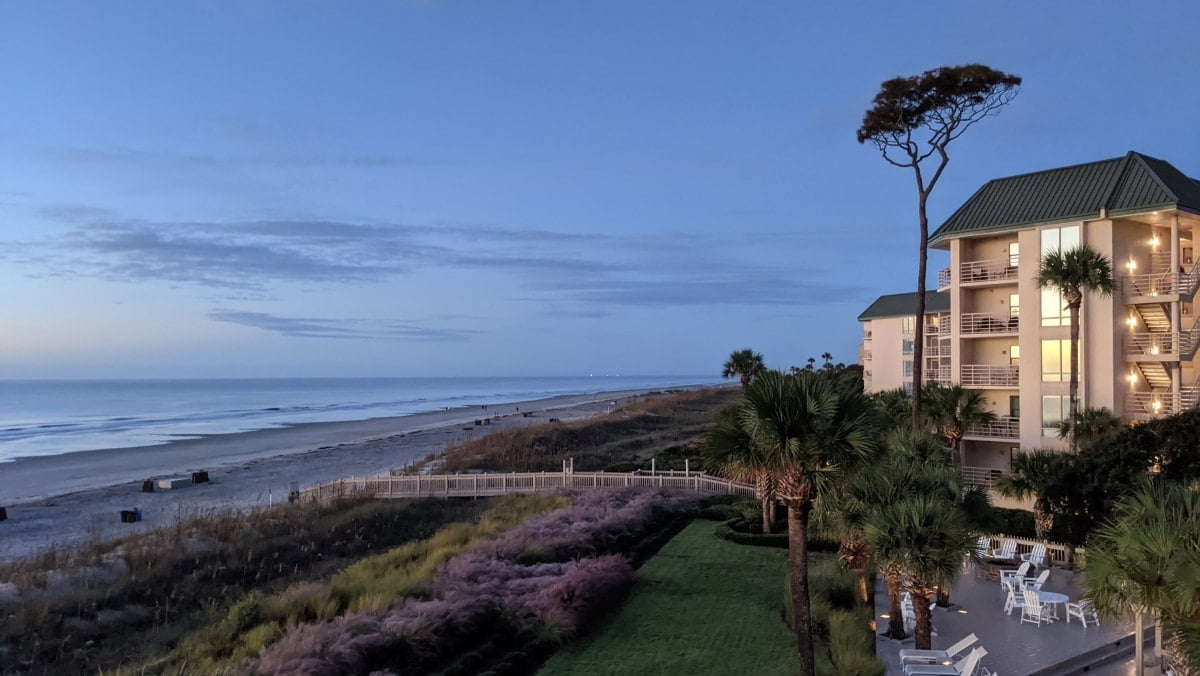
Different types of accommodations to consider
When planning a vacation, it’s helpful to understand your options to make sure you get what you want. Whether you’re on a limited budget, traveling with kids, or looking for unique experiences, here are some options to consider.
TIP: Keep track of all of your important travel details with a digital travel planner like this.
Hotels
Hotels are the most common choice for travelers since they are plentiful and offer a wide range of services and amenities. Hotels cater to different budgets and are available worldwide. They are usually ideal for those traveling for work or looking for convenience.
Chain hotels are often popular with those seeking a consistent experience, regardless of the destination. Here are a few reasons I like to stay at hotels:
- You can come and go freely without feeling like you need to interact with other guests.
- Free toiletry amenities in the bathrooms (no need to pack shampoo).
- You can easily find options that include free breakfast and free parking.
- Checking in and out is quite easy, making it a good option for trips with multiple stops like a long road trip.
Is it better to book directly with the hotel or through Booking.com?
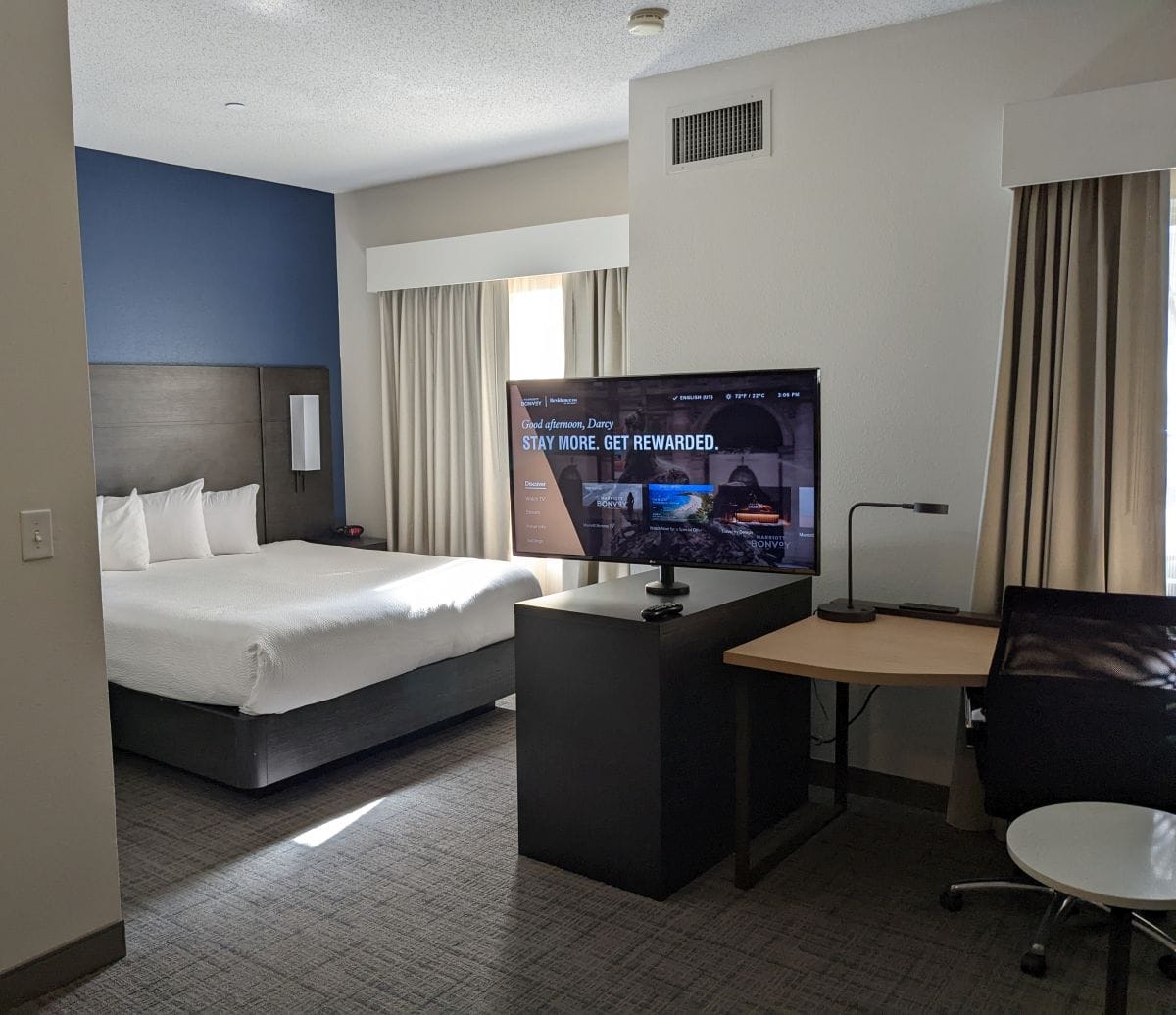
Vacation rentals
A vacation rental is a great option for families and larger groups who prefer the comforts of home while away. These rentals often provide extra space, privacy, and fully equipped kitchens and laundry facilities. They are also perfect if you’re planning a longer vacation time.
Here are a few reasons I might choose a vacation rental:
- My husband has a gluten allergy, so eating out is often challenging. Having a fully equipped kitchen makes it easy to control the food he’s eating so he can stay healthy while we travel.
- When renting a house with a large group, we can split the cost, which is cheaper than everyone booking separate hotel rooms. Plus, the house provides common areas where we can all socialize together.
- Vacation rentals can be more affordable than hotels, but watch for extra fees.

Bed and breakfasts (B&Bs)
B&Bs provide a cozy and personalized experience. They are often family-owned and located in residential areas, giving you a more authentic and local feel during your trip. B&Bs are great if you are looking for an intimate experience and enjoy interaction with hosts and other guests.
B&Bs are typically much smaller than hotels and may offer fewer room size choices. You also might not have typical hotel amenities, such as a refrigerator or in-room coffee maker, in a B&B.
Camping and glamping
Camping can be a fun way to experience nature and enjoy a more affordable vacation at the same time. Camping usually means staying in a tent, RV, or campervan, while glamping typically means fancier accommodations, often with conveniences like electricity and running water.
Hostels
Hostels are an excellent option if you’re young, on a tight budget, or looking to make new friends as you travel. You can find shared accommodations, dormitory-style rooms, and sometimes private rooms. Hostels are popular with solo travelers, backpackers, and those looking to save absolutely as much money as possible
What to consider when choosing accommodations
Here are a few things to consider when making your decision about where to stay. How much weight each of these carries in your decision-making process will depend on what your travel priorities are. For instance, I look for places that fit my trip budget and are also near my planned activities and dining spots.
1. Your destination
Your trip destination plays an important part in determining the best accommodation. Research your destination so that you are clear on what kinds of accommodations are available where you are going.
For example, if you are visiting a large city known for its history and culture, finding a centrally located hotel could be a good choice. On the other hand, if you are heading to a beach, you might prefer accommodations by the water, like a beach resort or a private beach home vacation rental.
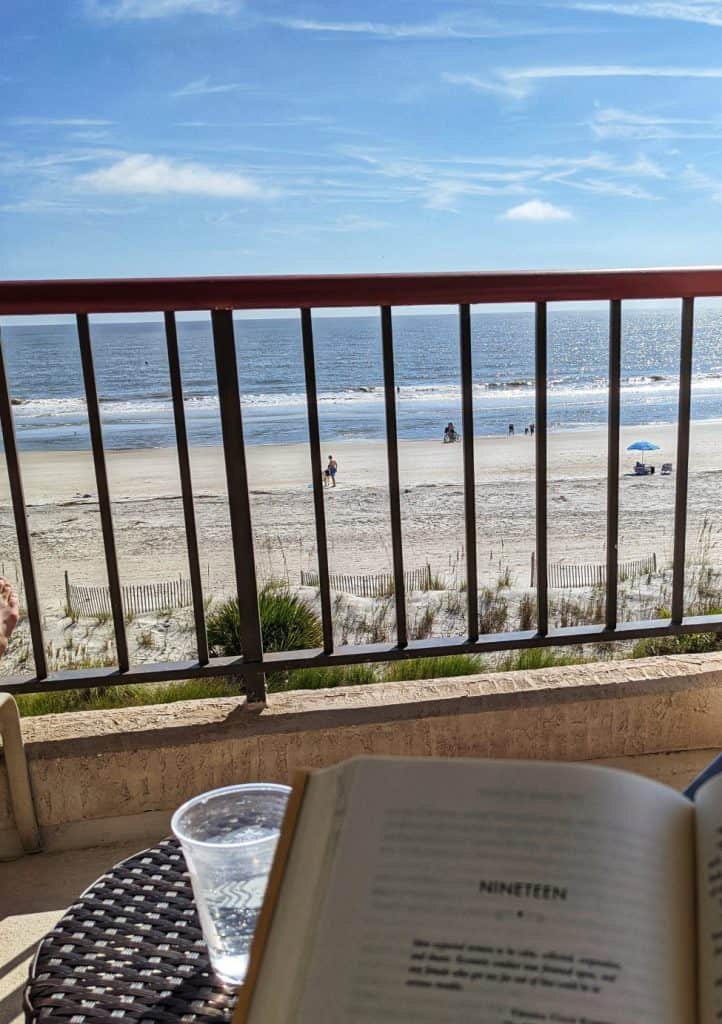
2. Location
The location of your accommodations can strongly influence your access to the attractions and activities on your trip. I like to prioritize hotels that are close to the things I want to see and do or within walking distance of restaurants and shops. I find that this helps me balance sightseeing and relaxation. If you want a quiet getaway, you may prefer more secluded accommodations.
3. Budget
It’s a good idea to set a clear travel budget for accommodations and use that as a guide while exploring options. The cost of lodging can vary greatly depending on the destination and type of property, so be prepared. You may have to compromise between cost and location to find the best option.
4. Duration of your stay
The length of your stay is another thing to consider. For shorter trips, you might prefer the ease of a hotel with standard amenities. However, if you plan on staying in one place for a week or more, you might want accommodations with more space, a kitchen, and laundry facilities.
5. Cancellation policy
Always review the property’s cancellation policy carefully before booking. How far ahead do you have to cancel without incurring any charges? Many hotels offer a reduced rate if you pay in full in advance without the possibility of getting a refund.
Be extra careful when reviewing cancellation policies on Airbnb or Vrbo listings. Different hosts offer different refund windows, if refunds are available at all.
I prefer to book places with no upfront charges that let me cancel a few days before traveling.
6. Personal preferences
After you’ve looked at the above considerations, the rest will basically be your preferences about things like available amenities, services provided on-site like dining, parking charges, resort fees, etc.
Read more about the potential hidden costs of traveling you can avoid.
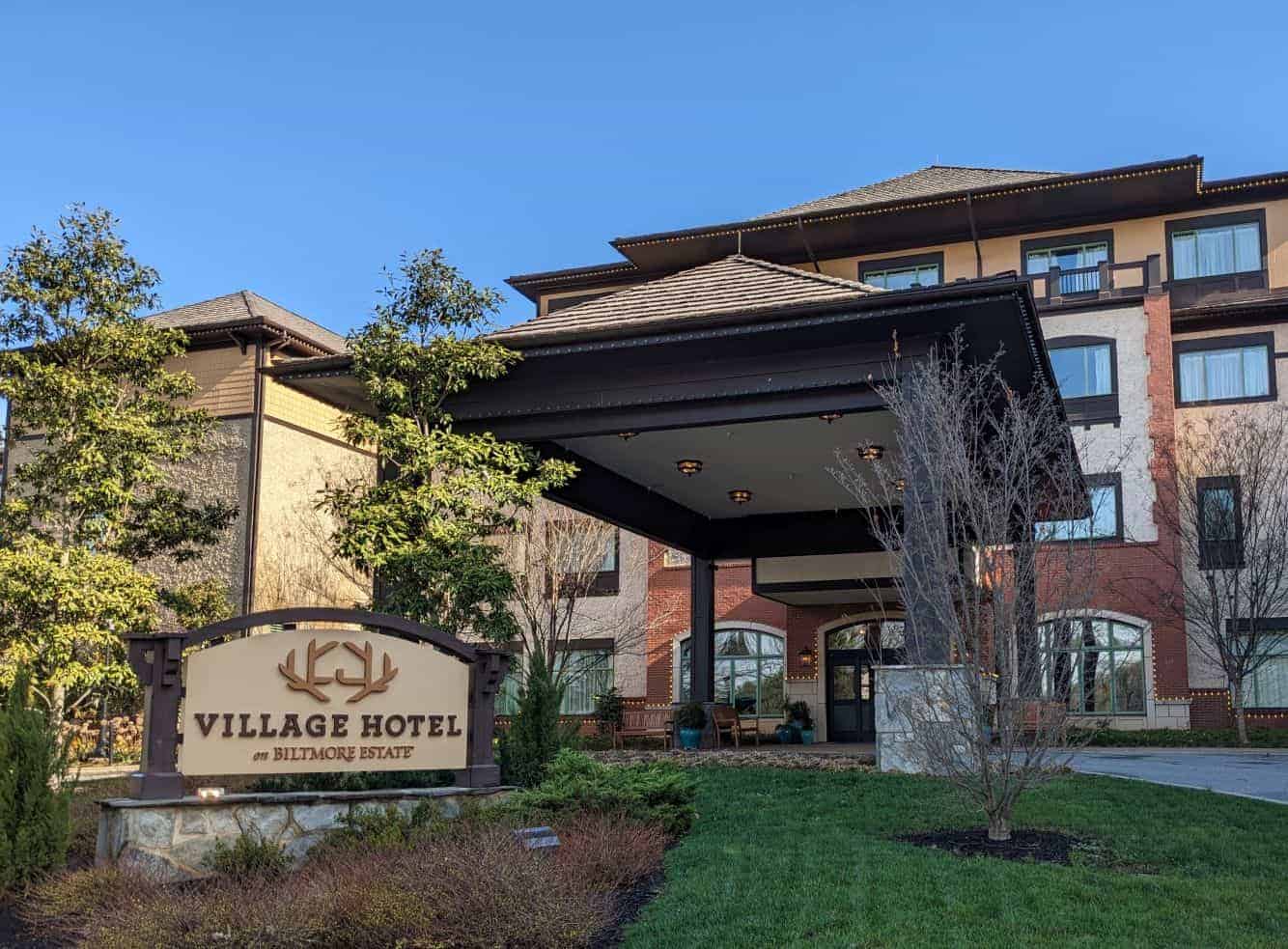
Tips for Booking Accommodations
1. Consider the season
The time of year you’re traveling will have a big impact on accommodation availability and pricing. In peak season, when tourist traffic is at its highest, you may find it difficult to find a room and prices tend to be higher. On the other hand, during the shoulder season, you’re likely to find better deals and fewer crowds. Remember, different places have different peak seasons.
Research your destination’s typical weather during your preferred travel dates to make sure you’re traveling during a time with good conditions.
2. Timing is everything
Book your accommodations well in advance to get the room you want for the dates you want to travel, especially if you’re traveling during peak season.
While researching, you may discover you can save money by shifting your travel dates by a week or two. You might also consider traveling mid-week instead of weekends, as this can give you better rates and fewer crowds.
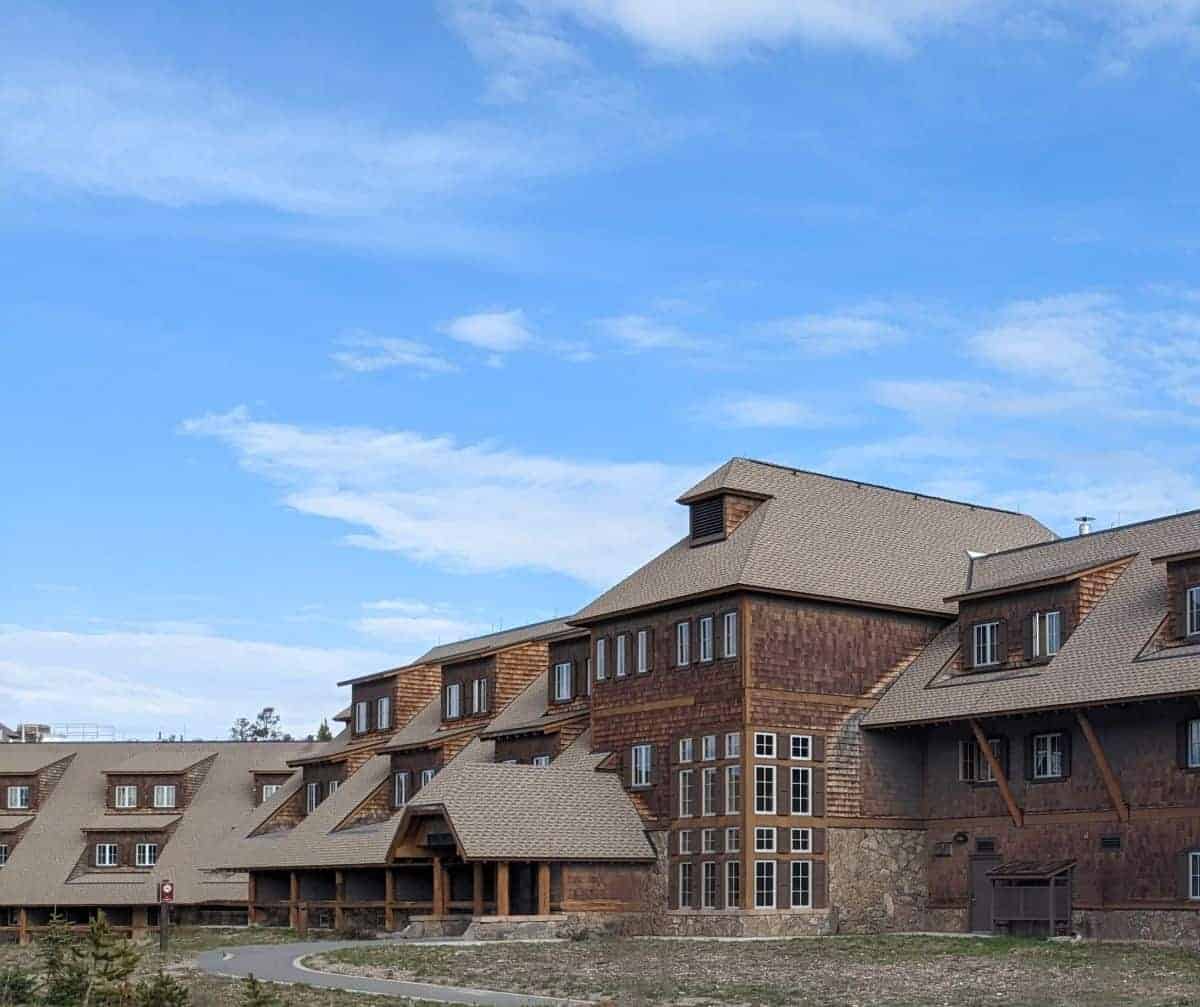
3. Consult reviews
Always go through the reviews of the accommodations you are considering. This will give you an insight into the experiences of other travelers and help you make an informed decision.
When checking reviews, look at the most recent first. Changes in management and upgrades to facilities might not be accurately reflected in older reviews. Read a mix of positive and negative reviews, but remember people often post more about bad experiences.
Making the decision
Now it’s time to take a breath and make a decision. Ultimately, only you know the best place for you to stay on your trip. I believe it’s important not to get stuck in this process. Make a decision, make your reservations, and move on to the next stage of the trip-planning process.
More articles to help you plan your next trip
- Is it worth using Booking.com?
- Choosing your next travel destination
- Essential travel-planning resources
- How to build the perfect itinerary
- The best travel guidebooks
- How to afford more travel
- Learn how to use Google Flights to save money on your next trip
Pin this post!
